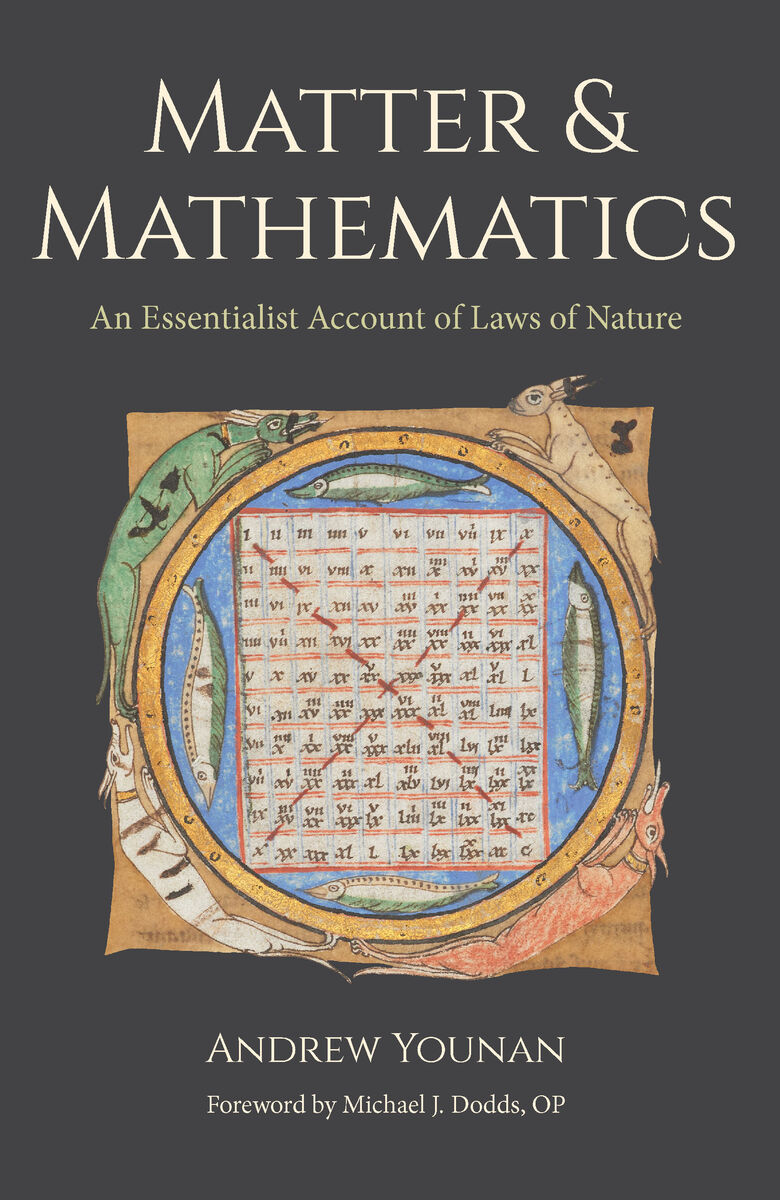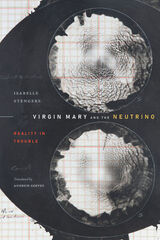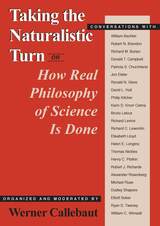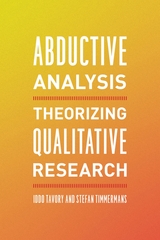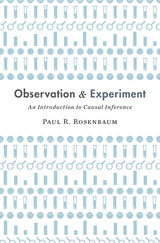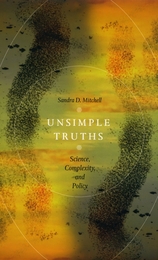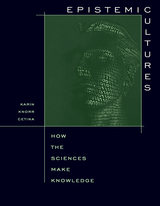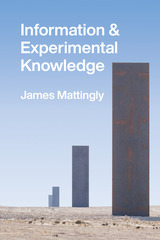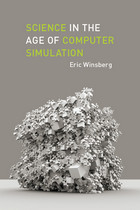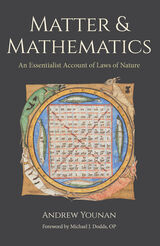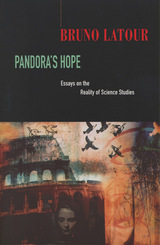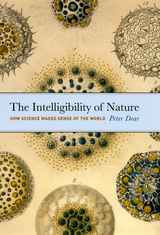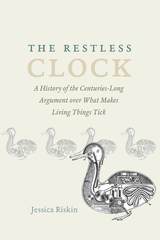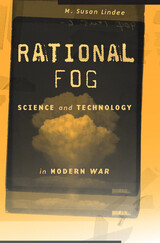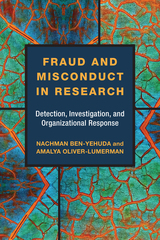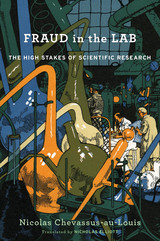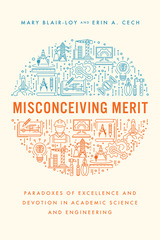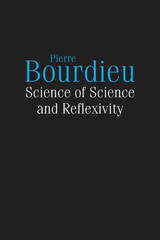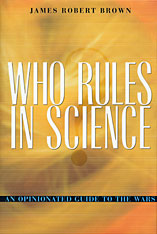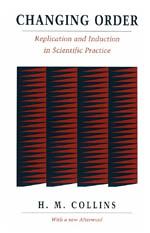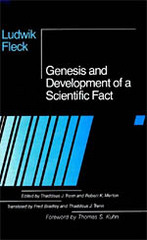Matter and Mathematics: An Essential Account of Laws of Nature
Catholic University of America Press, 2022
Cloth: 978-0-8132-3612-4 | eISBN: 978-0-8132-3613-1
Library of Congress Classification Q175.32.P39Y68 2022
Dewey Decimal Classification 501
Cloth: 978-0-8132-3612-4 | eISBN: 978-0-8132-3613-1
Library of Congress Classification Q175.32.P39Y68 2022
Dewey Decimal Classification 501
ABOUT THIS BOOK | AUTHOR BIOGRAPHY | TOC
ABOUT THIS BOOK
To borrow a phrase from Galileo: What does it mean that the story of the creation is “written in the language of mathematics?” This book is an attempt to understand the natural world, its consistency, and the ontology of what we call laws of nature, with a special focus on their mathematical expression. It does this by arguing in favor of the Essentialist interpretation over that of the Humean and Anti-Humean accounts. It re-examines and critiques Descartes’ notion of laws of nature following from God’s activity in the world as mover of extended bodies, as well as Hume’s arguments against causality and induction. It then presents an Aristotelian-Thomistic account of laws of nature based on mathematical abstraction, necessity, and teleology, finally offering a definition for laws of nature within this framework.
See other books on: Dodds, Michael J. | History & Philosophy | Laws Nature | Matter | Physical laws
See other titles from Catholic University of America Press
